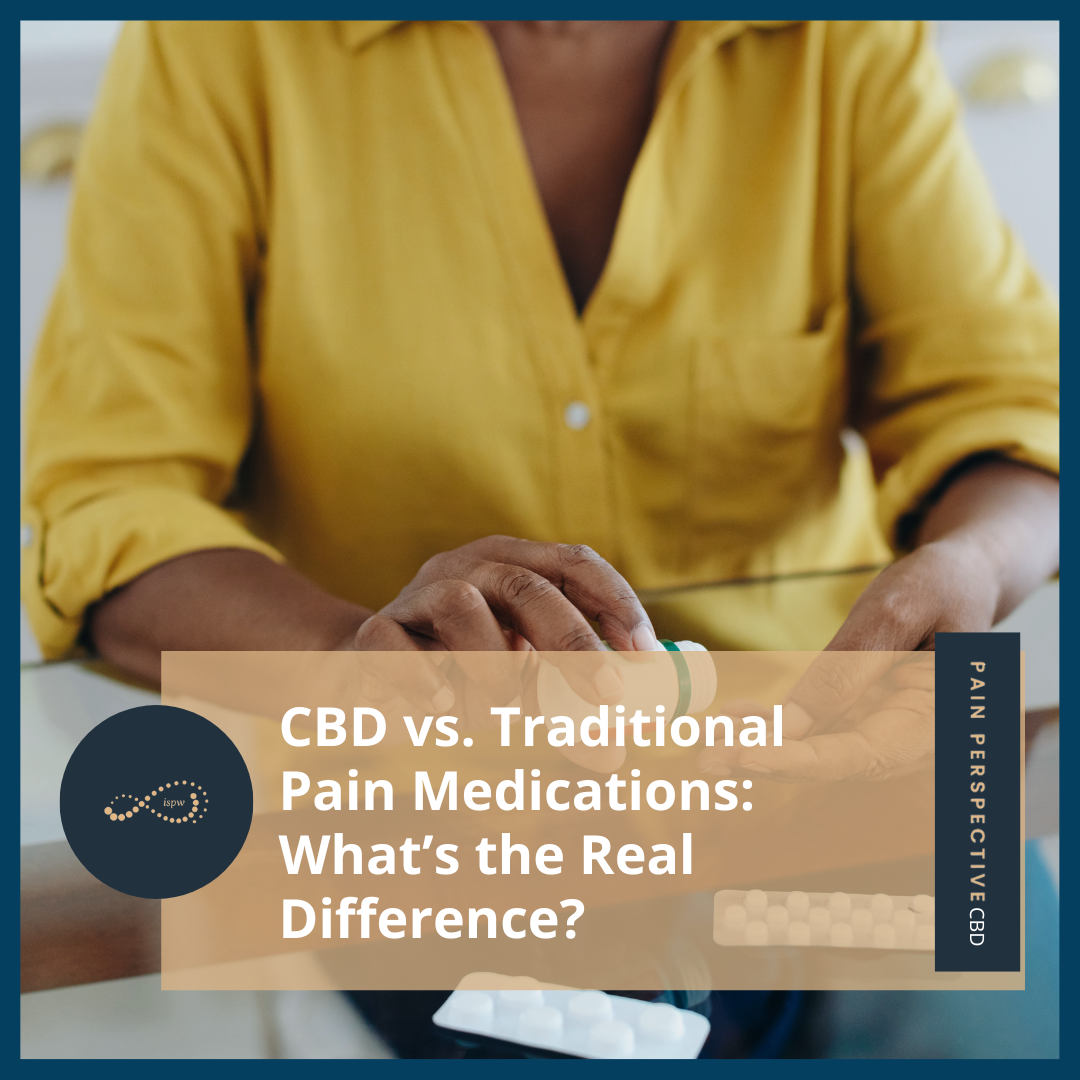
When it comes to managing pain, the options can feel overwhelming. Do you stick with
over-the-counter medications? Reach for a prescription painkiller? Or try something natural, like CBD?
Each approach has pros and cons, and the best choice often depends on the type of pain, your body’s needs, and your long-term goals. Let’s break down the differences between CBD and traditional pain medications to help you make an informed decision that works for your lifestyle and wellness priorities.
Traditional Pain Medications: The Pros and Cons
Over-the-Counter Pain Relievers (e.g., Ibuprofen, Acetaminophen)
Pros:
-
Fast Relief: OTC medications work quickly, making them a go-to choice for headaches, muscle aches, or minor injuries.
-
Accessible: Widely available and inexpensive.
- Easy to Use: There is no need for a prescription, and dosing is straightforward.
Cons:
- Short-Term Solution: These medications treat symptoms, not the root cause of pain.
- Potential Side Effects: Prolonged use can lead to stomach ulcers, liver damage (with acetaminophen), or kidney issues.
- Frequent Use Risks: Overusing OTC medications can decrease their effectiveness over time.
Prescription Painkillers (e.g., Opioids)
Pros:
- Powerful Relief: Effective for severe or post-surgical pain.
- Targeted Use: Often prescribed for specific conditions, such as chronic pain or after major procedures.
Cons:
-
Addiction Risk: Opioids are highly addictive and can lead to dependency with long-term use.
- Tolerance: Over time, the body may require higher doses to achieve the same level of relief.
- Side Effects: Nausea, dizziness, constipation, and sedation are common.
CBD: The Natural Alternative
What Is CBD?
CBD (cannabidiol) is a compound derived from the hemp plant. Unlike THC, it doesn’t produce a high, but it interacts with the body’s endocannabinoid system (ECS) to regulate pain, inflammation, and other bodily functions.
How CBD Helps with Pain
-
Reduces Inflammation: CBD helps calm overactive immune responses, addressing pain at its source.
-
Modulates Pain Signals: By influencing pain receptors, CBD may reduce pain intensity.
-
Supports Recovery: CBD promotes muscle relaxation and better sleep, aiding the
body’s natural healing process.
Pros and Cons of CBD for Pain
Pros:
1. Non-Addictive
- CBD doesn’t cause dependency, making it a safer option for long-term use.
2. Fewer Side Effects
- Common side effects (like dry mouth or drowsiness) are mild compared to the
risks of traditional painkillers.
3. Holistic Benefits
- CBD not only targets pain but also addresses related issues like anxiety, stress,
and insomnia.
4. Natural and Non-Toxic
- High-quality CBD products are derived from plants and are free of harmful
chemicals.
Cons:
1. Effectiveness Varies
- CBD doesn’t work for everyone, and its effectiveness depends on factors like the
type of pain and dosage.
2. Delayed Onset
- Unlike OTC painkillers, CBD may take longer to provide relief, especially in edible
or capsule form.
3. Unregulated Market
- Not all CBD products are created equal, so finding a reputable brand with
third-party testing is crucial.
4. Higher Upfront Cost
- Quality CBD can be pricier than traditional pain medications. However, its
long-term benefits may justify the expense.
Comparing CBD to Traditional Pain Medications

How to Choose What’s Right for You
Deciding between CBD and traditional pain medications depends on your situation. Here are some factors to consider:
1. Type of Pain
- For acute pain (like a sprain or headache), OTC medications may provide faster
relief.
- For chronic pain or inflammation (like arthritis or fibromyalgia), CBD might be a
better long-term solution.
2. Lifestyle Goals
- If avoiding dependency or harsh side effects is a priority, CBD offers a natural,
non-addictive alternative.
3. Budget
- While CBD can be pricier initially, it may save you money in the long run by
reducing reliance on multiple medications.
4. Combination Approach
- In some cases, combining CBD with traditional treatments (under a doctor’s
guidance) can provide optimal relief.
Real Stories: Why People Are Switching to CBD
Emma’s Experience with Chronic Pain
“I’ve had arthritis for years, and the constant ibuprofen was wrecking my stomach. Switching to CBD helped me manage my pain without the side effects. I feel like I’m finally healing.”
Mark’s Journey Post-Surgery
“After my knee surgery, I used a mix of prescribed meds and CBD. The CBD helped me cut back on opioids faster and made recovery more manageable.”
Final Thoughts: CBD or Traditional Medications?
CBD offers a natural, non-toxic alternative to traditional pain medications, but it’s not a
one-size-fits-all solution. For mild to moderate chronic pain or inflammation, CBD might be the perfect option. For acute or severe pain, traditional medications may be necessary, at least temporarily.
The good news? You don’t have to choose one over the other. CBD can complement traditional treatments, offering a holistic approach to pain management.
Disclaimer: This article is for informational purposes only and does not constitute medical advice. Always consult a healthcare provider before starting any new supplement, including CBD, or changing your pain management plan.
